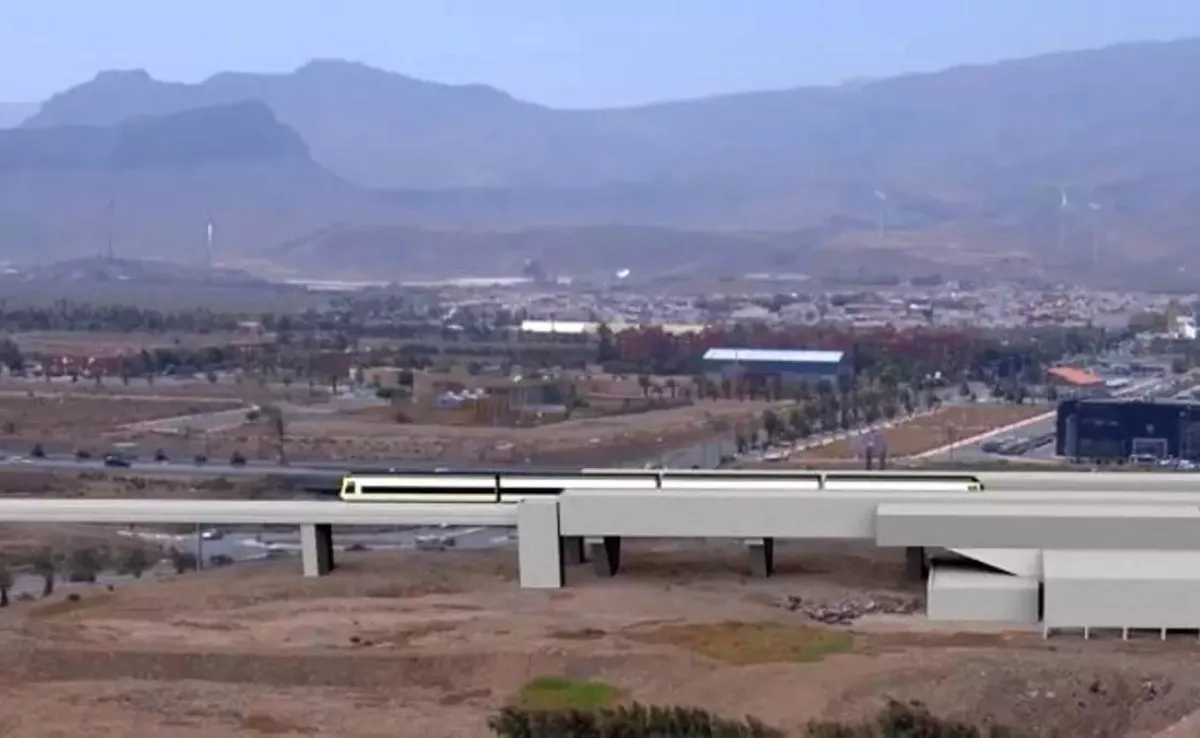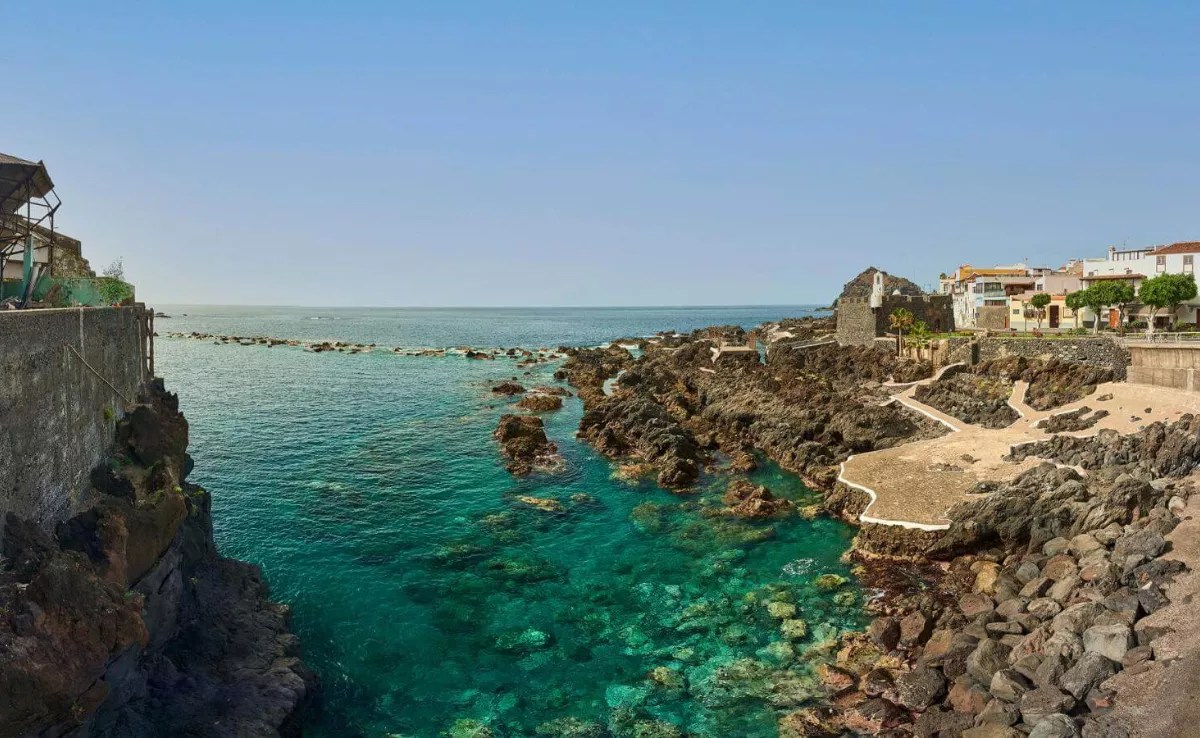Concerns Raised Over Proposed Rail Projects in Gran Canaria and Tenerife

The Archipelago has once again proposed the introduction of trains in Gran Canaria and Tenerife as soon as possible. Just a few weeks ago, the Islands signed a protocol with the State to secure funding for the railways to become a reality. However, several sceptical voices have emerged regarding the viability and cost of these projects. One such example is the Canarina Foundation, which deems the proposal disproportionately ambitious. This is outlined in an article published on their website on 9th September, highlighting the potential for significant environmental costs. “The Archipelago is a unique ecosystem, but also extremely fragile,” they detail.
Agricultural Areas
The Foundation argues that the construction of railway lines could lead to habitat destruction, as the tracks would traverse rural and protected lands, fragmenting ecosystems and displacing native species. They also express concern over substantial consumption of natural resources through extensive earthworks or energy-intensive operations. Moreover, they emphasise the pressure this may exert on protected areas. “Projects of this scale cannot be developed without compromising agricultural or natural zones that are essential for biodiversity and food sovereignty,” they assert.
Climate Change
“In a region already suffering from the impacts of climate change, such as desertification and loss of water resources, can we afford such an aggressive project for our territory?” they reflect. Regarding the adaptation to the island environment, they claim that the distances involved and the rigidity of the system may increase dependency on private vehicles. On the cost, they stress, “the trains would consume financial resources that could be better allocated to housing, healthcare, education, or land protection, areas where Canarias has significant deficits.” Additionally, they point out, “the operation of the railway lines would require ongoing funding, which is hard to justify in a limited territory.”
Public Transport Underfunded
But the concerns do not stop there. They indicate that “while there is talk of trains, the public buses remain underfunded, and policies for sustainable transport receive little attention.” They underline, “a train is not a viable short-term solution to the mobility issues in Canarias.” “A train in Canarias would not be a truly fast alternative, as it would have to make multiple stops during the journey to be a useful option for the population, which would diminish its advantage compared to other transport modes.”
Mobility Issues
The mobility problems on the roads in Canarias are one of the major challenges faced by the Islands, yet the Canarina Foundation doubts that trains can resolve issues such as territorial inequality, urban congestion, or the lack of alternatives. “Without a comprehensive plan that integrates buses, bicycles, and active transport, the train will not be sufficient to ensure efficient and sustainable transport,” they argue. Solutions they propose include improving public transport, protecting land, and intelligent transport management.
An Impractical Solution
“From the Canarina Foundation’s perspective, the proposed trains in Tenerife and Gran Canaria represent an impractical solution to the mobility problems in Canarias. Their financial cost, exceeding 4 billion euros, their environmental impact, and their lack of adaptation to the island territory render this proposal neither viable nor desirable,” they assert. “Instead of dreaming of grandiose projects, we need a model shift that prioritises sustainability, equity, and the preservation of our environment. The future of Canarias hinges on responsible decisions, not modernity illusions that jeopardise our present and future. Canarias does not need trains; it needs an efficient, sustainable public transport system tailored to its island reality,” they conclude.















